PID SYSTEM & PROCESS CONTROL PRODUCTS
Process control is a critical aspect of modern industrial processes. It refers to the use of control systems to maintain desired process conditions and ensure that products are produced consistently and efficiently. Process control is used in a wide range of industries, from chemical and petrochemical manufacturing to food processing, energy production, and more.
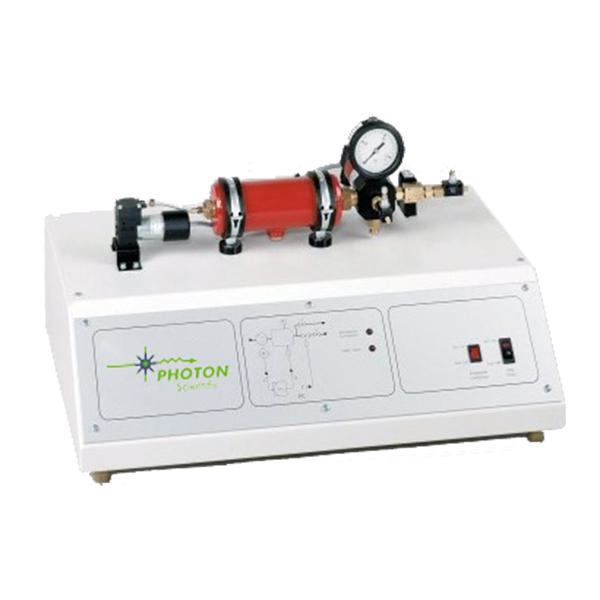
Pressure Process Control Trainer
Pressure Process Control Trainer (CT-001) offers the basic experiments on a pressure-con- trolled system. It uses pressure as the control variable to illustrate the principles of single-loop control and the calibration and tuning of controllers, transmitters, converters and valves.
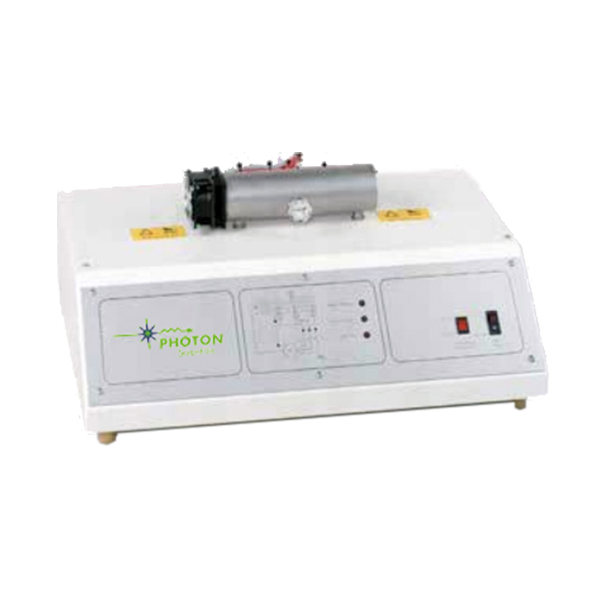
Temperature Process Control Trainer
Temperature Process Control Trainer (CT-002) is a mobile module for temperature process control experiments to illustrate the principles of single-loop control and the calibration and tuning of controllers, transmitters, converters and valves.
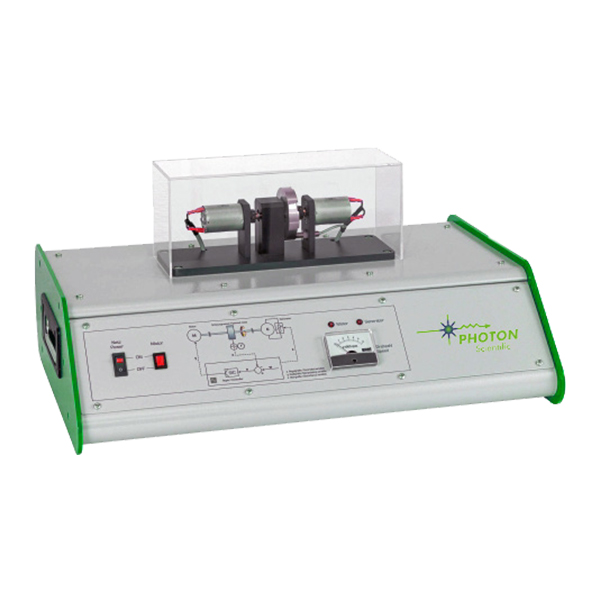
DC Motor Speed Control Trainer
DC Motor Speed Control Trainer (CT-003) is a mobile module that offers the basic experiments on a speed-controlled system.
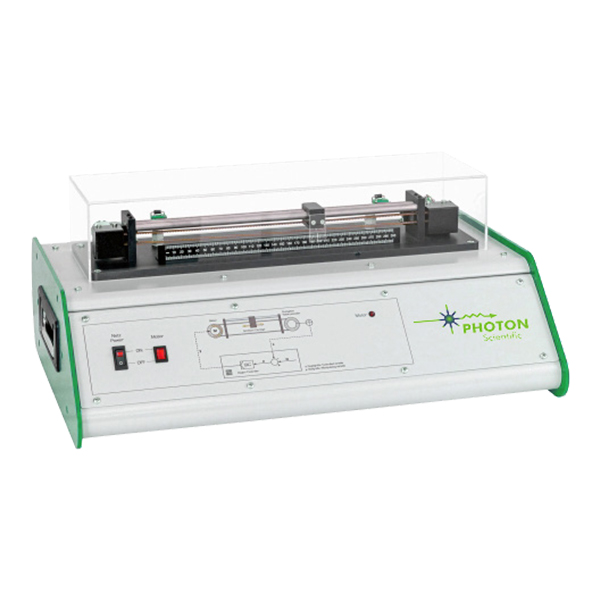
DC Motor Position Control Trainer
DC Motor Position Control Trainer (CT-004) is a mobile module that offers the basic experiments on a position-controlled system.
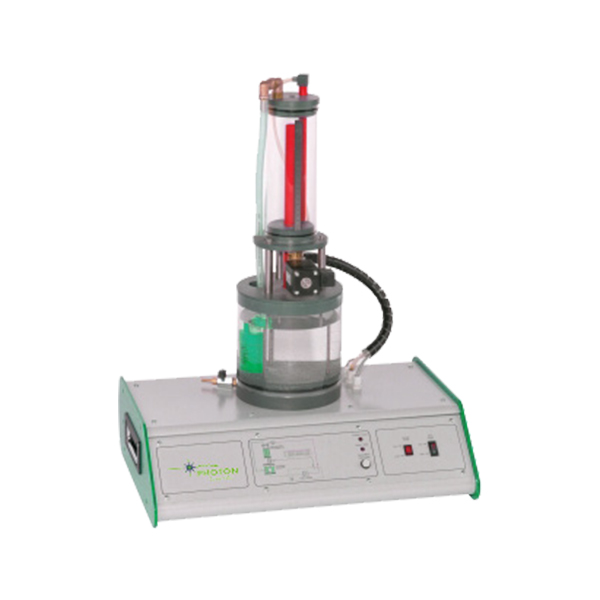
Level Process Control Trainer
Level Process Control Trainer (CT-005) is a mobile module for level process control experiments to illustrate the principles of single-loop control and the calibration and tuning of controllers, transmitters, converters and valves.
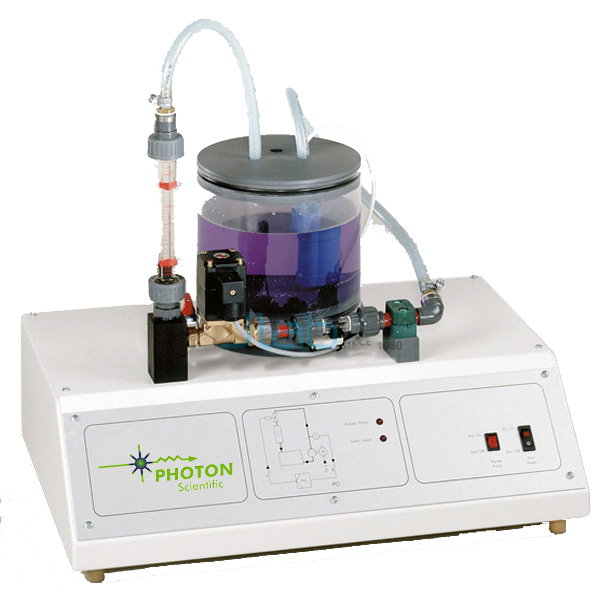
Flow Process Control Trainer
Flow Process Control Trainer (CT-006) is a mobile module for flow process control experiments to illustrate the principles of single-loop control and the calibration and tuning of controllers, transmitters, converters and valves.
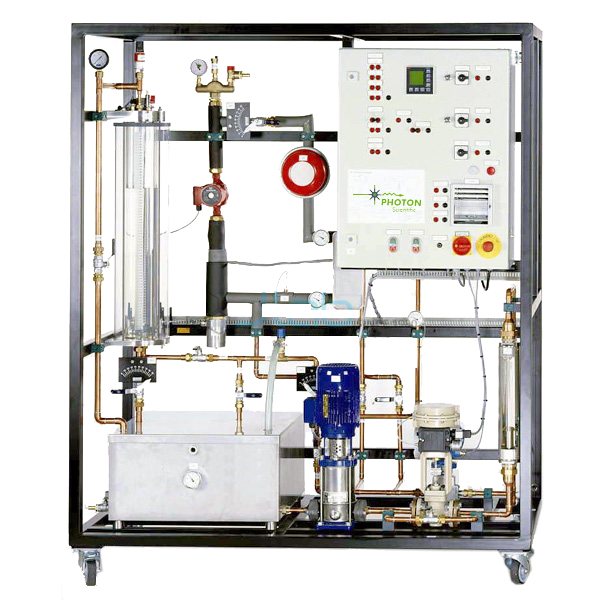
Integrated Process Control
Integrated Process Control (CT-007) trainer mimics industrial process engineering, it includes wide range of experiments in flow, level, pressure and temperature, ranging from basic theories through to more advanced principles.
